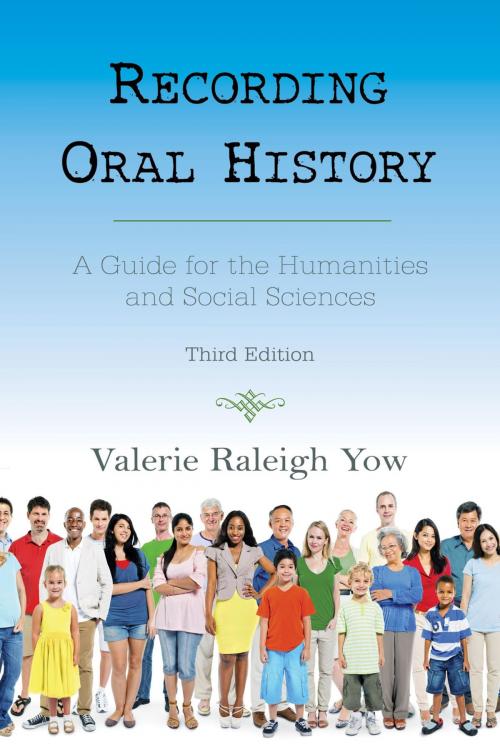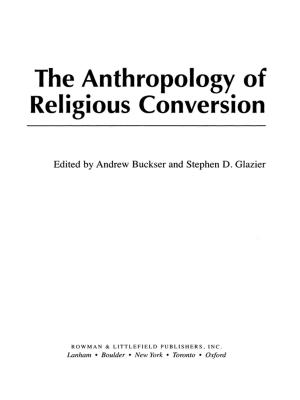Recording Oral History
A Guide for the Humanities and Social Sciences
Nonfiction, Social & Cultural Studies, Social Science, Methodology, Folklore & Mythology, Anthropology| Author: | Valerie Raleigh Yow | ISBN: | 9780759122680 |
| Publisher: | Rowman & Littlefield Publishers | Publication: | December 5, 2014 |
| Imprint: | Rowman & Littlefield Publishers | Language: | English |
| Author: | Valerie Raleigh Yow |
| ISBN: | 9780759122680 |
| Publisher: | Rowman & Littlefield Publishers |
| Publication: | December 5, 2014 |
| Imprint: | Rowman & Littlefield Publishers |
| Language: | English |
Recording Oral History, now available in its third edition, provides a comprehensive guide to oral history for researchers and students in diverse fields including history, sociology, anthropology, education, psychology, social work, and ethnographic methods.
Writing in a clear, accessible style, Valerie Yowbuilds on the foundations laid in prior editions of her widely used and highly regarded text to tackle not just the practicalities of interviewing but also the varied ethical, legal, and philosophical questions that can arise. The text—now twelve chapters—allows for dedicated discussion of both legalities and ethics. Other new material include recent research on how brain functions affect memory, more comprehensive demonstration of how to analyze an interview, and details on making the most of technology, both old and new. Each chapter concludes with updated and annotated Recommended Readings and tailored appendixes address new developments, such as institutional review boards and the Oral History Association’s new Principles and Best Practices.
Recording Oral History, now available in its third edition, provides a comprehensive guide to oral history for researchers and students in diverse fields including history, sociology, anthropology, education, psychology, social work, and ethnographic methods.
Writing in a clear, accessible style, Valerie Yowbuilds on the foundations laid in prior editions of her widely used and highly regarded text to tackle not just the practicalities of interviewing but also the varied ethical, legal, and philosophical questions that can arise. The text—now twelve chapters—allows for dedicated discussion of both legalities and ethics. Other new material include recent research on how brain functions affect memory, more comprehensive demonstration of how to analyze an interview, and details on making the most of technology, both old and new. Each chapter concludes with updated and annotated Recommended Readings and tailored appendixes address new developments, such as institutional review boards and the Oral History Association’s new Principles and Best Practices.















